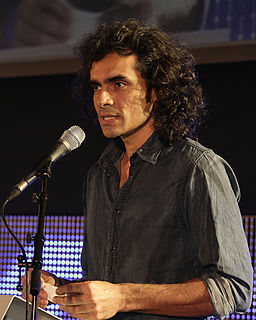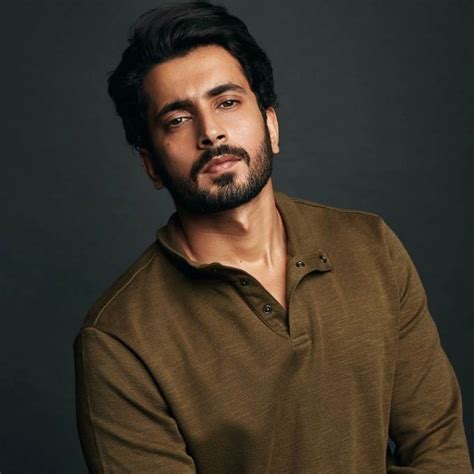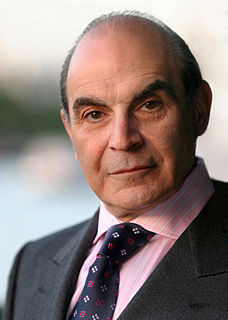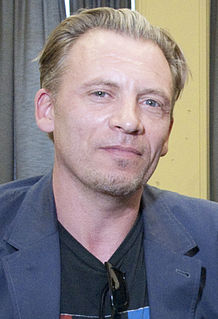A Quote by Josh Radnor
You can say something that can really help and actor and you can say something that can really get in the way of an actor's performance, kind of cut them off from their instincts and really get into their heads. And every actor's different. Every actor requires something different. Being an actor, for me, was the greatest training to be a writer and director.
Related Quotes
It is one of the few elements in the process that a director really, really can't control: an actor's performance. If you have a director that understands that, it's comforting to an actor. You're starting the relationship more as a collaborator, rather than as an employee or some kind of a soldier trying to execute something you don't organically feel.
Every director is always directing around the play. If you have an actor who really doesn't get the character well enough, you have to direct the play around that character. You have to make choices with that actor. If you have an actor that really doesn't get the role and has certain visions of the role, sometimes you have to direct around that actor.
The other, the other aspect when I say I'm an actor is that as an actor you make this imaginative leap into being somebody else, that's to say the muscle of the imagination is as important as any other of the muscles in your body, and so it is something about this instinct in space and time which for me I associate with being an actor rather than a director.
I don't really enjoy working in TV, to be completely honest, even though it's incredibly lucrative, I'm just terrified of not being satiated in a myriad of different ways. It's amazing that I get to create every day, as an actor, or a director, or a writer, and I get to do it in a variety of different genres and worlds and characterizations. I think that's the great privilege of what we do, we get to make believe. I get to go to so many different places, try on different occupations, take on different points of view. That's what's always been sort of alluring.
The biggest thing about me, as an actor, is I'm never a finished product, you know? I always want to try something or be in a new genre because, one, it's much more fun to do that because you're not doing the same thing over and over. One of the greatest reasons is that it keeps stretching you as an actor. So, hopefully, my method is that it makes me a better actor, and a more believable actor, so then, the more experience I have in any way possible, in a drama or a musical genre, different formats of working, the better I can be on all different platforms.
Performing as a musician is a lot different than performing as an actor. As an actor, you can hide behind the character in the play, and there's a director and other actors. When you're a musician, you're right there. It's sort of like being a comedian. You're giving the audience in real time something authentic from yourself. As an actor, my bullshit meter was going off like crazy at my first attempts to find my own rock star.
The director is the most important because, ultimately, as an actor, when you watch a movie, it looks like an actor is giving a performance, and they kind of are. But, what's actually happening is that an actor has given a bunch of ingredients over to a director, who then constructs a performance. That's movie-making.
As I say, there's something that scares the hell out of me but it really makes me work hard in losing myself. I'm not really interested in me as an actor or being a personality player, or a Hollywood star. What's given to me is to become different people and to find the truth of that. That is really what I do.
I'm so excited about 'Shattered;' it's something I've really enjoyed working in, and it's very different from anything I've done before. I've always been a character actor and done a lot of support work. I've never really been the lead actor, so I'll try and use what I've learned along the way from the other projects.






































